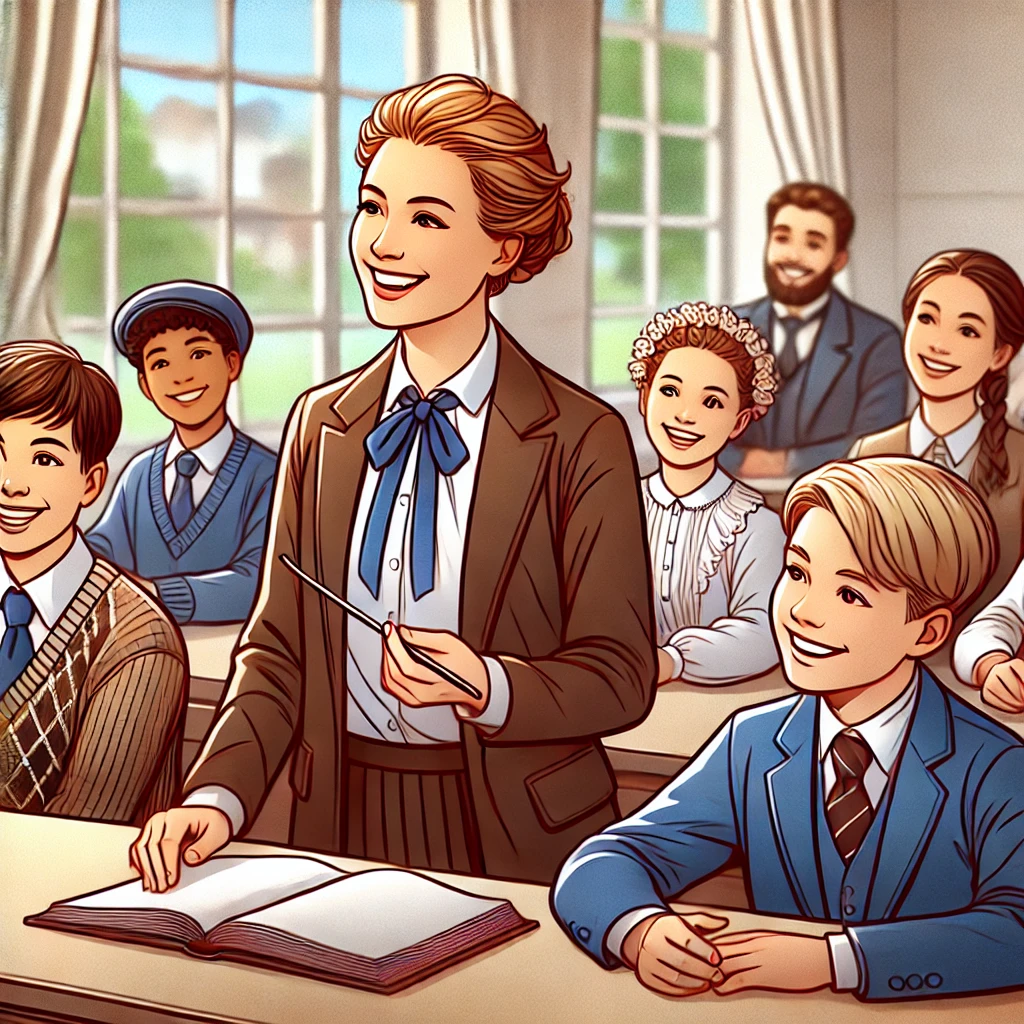Table of contents
1. Traditional Teaching Methods in the UK
2. Modern Educational Approaches
3. The Role of Technology in Education
4. Conclusion
In the United Kingdom, conventional educational strategies have long been rooted in traditional teaching methods that emphasize rote learning, memorization, and standardized testing. These methods have been the cornerstone of the British education system for decades, shaping the way students are taught and assessed. While these traditional approaches have their merits, there is a growing recognition of the need to incorporate more modern and innovative educational strategies to meet the evolving needs of students in the 21st century.
Traditional Teaching Methods in the UK
Traditional teaching methods in the UK have historically revolved around teacher-centered instruction, where educators serve as the primary source of knowledge and students are expected to absorb information through lectures and textbooks. This approach often places a strong emphasis on memorization and repetition, with assessments focusing on the ability to recall facts and information. While this method has been effective in imparting foundational knowledge, critics argue that it may not adequately prepare students for the complex challenges they will face in the modern world.
Modern Educational Approaches
In recent years, there has been a shift towards more student-centered and interactive learning approaches in the UK. These modern educational strategies aim to foster critical thinking, creativity, collaboration, and problem-solving skills among students. Project-based learning, group activities, and experiential learning opportunities are increasingly being integrated into the curriculum to engage students and encourage active participation in their own learning process. By moving away from traditional rote learning towards more hands-on and practical learning experiences, educators hope to better equip students with the skills they need to succeed in a rapidly changing global landscape.
The Role of Technology in Education
Technology has also played a significant role in transforming educational practices in the UK. The integration of digital tools and resources in the classroom has opened up new opportunities for personalized learning, virtual collaboration, and access to a wealth of information. Interactive whiteboards, educational apps, online learning platforms, and virtual reality simulations are just some of the technological innovations that are reshaping the way students learn and teachers teach. By harnessing the power of technology, educators can create more engaging and dynamic learning environments that cater to the diverse needs and learning styles of students.
Conclusion
In conclusion, while traditional teaching methods have long been the norm in the UK education system, there is a growing recognition of the importance of incorporating more modern and innovative educational strategies. By embracing student-centered approaches, leveraging technology, and promoting creativity and critical thinking, educators can better prepare students for the challenges and opportunities of the future. The evolution of educational practices in the UK reflects a broader shift towards a more dynamic, flexible, and inclusive approach to teaching and learning.
TESOL United Kingdom British Council What is the difference between EFL and ESL? How To Pronounce Hidebound What does ESL mean? Which countries accept TESOL? When will I receive my hard-copy TESOL certificate? When will I receive my hard-copy TESOL certificate? When will I receive my hard-copy TESOL certificate? When will I receive my hard-copy TESOL certificate?



